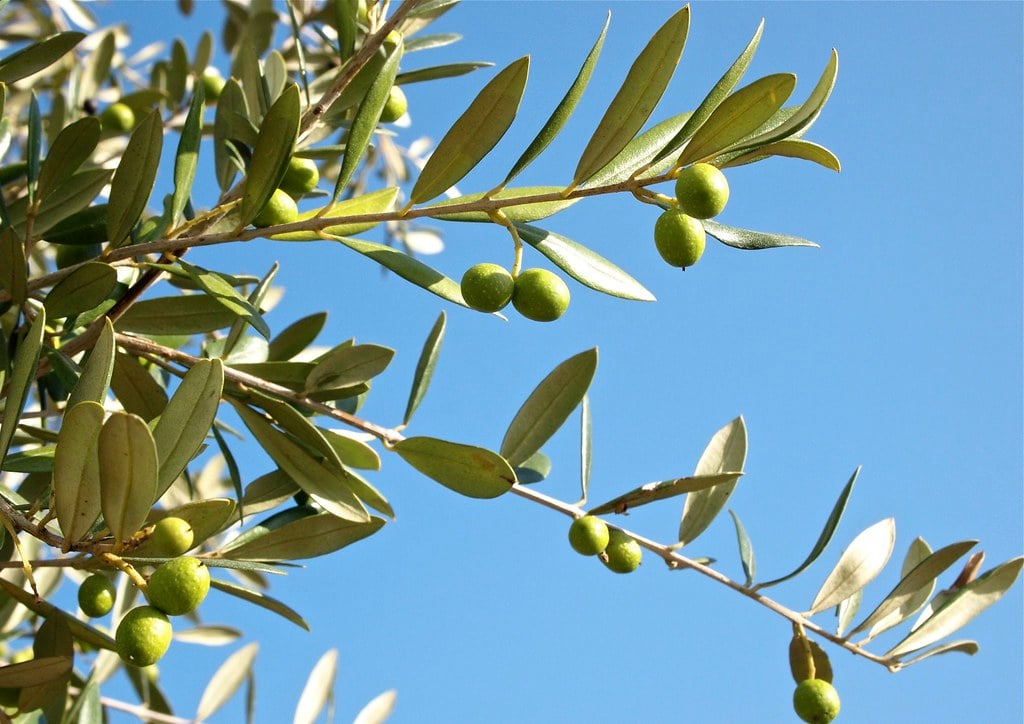
The goal is to produce a “Swiss-made” olive oil. Credit: Stew Dean CC BY 2.0
Rising temperatures and milder winters are creating a new agricultural opportunity in the foothills of the Alps in French-speaking Switzerland: olive groves.
This once-unthinkable trend is gaining traction thanks to climate change and the efforts of trailblazing farmers like Frank Siffert, says a report in Olimerca. The average temperature in Switzerland in 2024 was 1.4°C higher than the long-term average, making it more hospitable for these Mediterranean crops.
While olive trees were previously grown primarily for decorative purposes in this region, there is now a strong push to produce olive oil. The southern canton of Ticino has long been a producer, with its olive oil being recognized as part of Switzerland’s culinary heritage.
Olive groves expand in Switzerland
Now, Siffert and other growers are expanding the practice to other cantons, such as Vaud, Geneva, Neuchâtel, and Jura, where an estimated 4,000 trees have already been planted, say the report.
The growers are carefully selecting varieties that can withstand cold snaps, considering both common types and more resilient ones that can survive temperatures as low as -26°C. Siffert also notes that the cold can be beneficial, acting as a natural shield against pests and diseases.
To support this emerging industry, an association of olive growers is being formed to promote innovation, ensure traceability, and pursue quality certifications. The goal is to produce a “Swiss-made” olive oil that appeals to local consumers who prefer domestic products and to establish Switzerland as a recognized producer of high-quality oil.
Related: Climate Change Drives Greek Farmers to Tropical Crops

Dining and Cooking